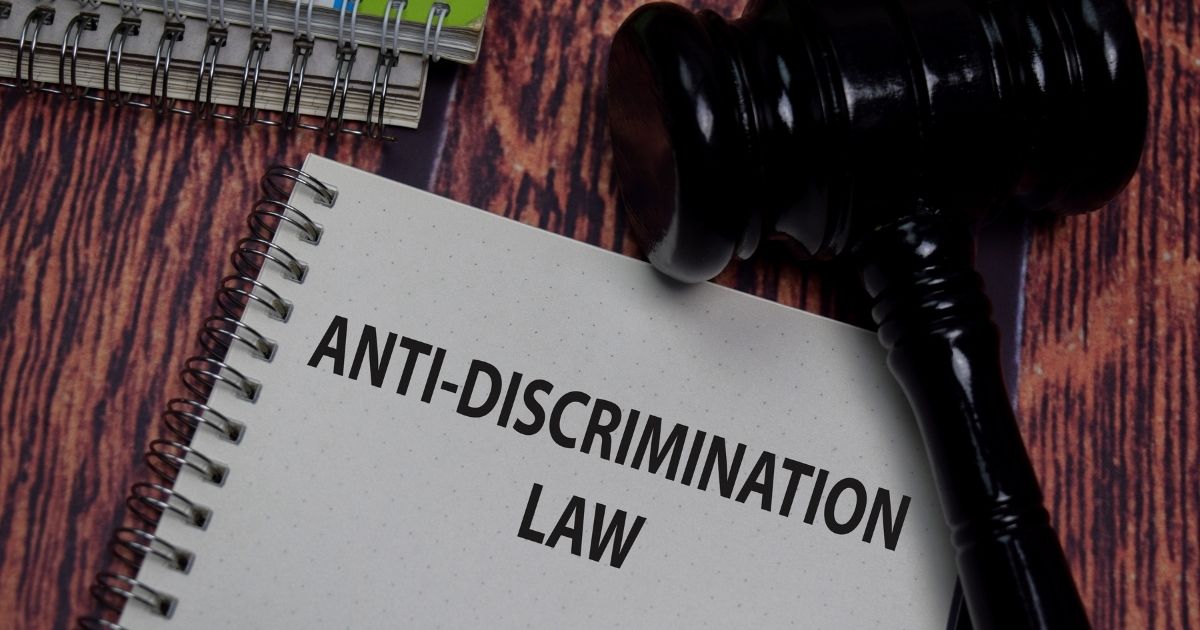Does Age Discrimination Still Exist in the Workplace?

Workplace discrimination, including age discrimination, is wrong and illegal. Yet, age discrimination continues to happen to men and women across the United States every day. When it does happen, employees have the right to make their voices heard.
Age discrimination of employees over 40 years old is illegal according to the Older Workers Benefit Protection Act (OWBPA) and the Age Discrimination in Employment Act (ADEA). However, it is still seen today in many workplaces.
According to an AARP survey, around 25 percent of older workers have endured negative on-the-job comments related to their age. Around 3 in 5 older workers have either seen or experienced age discrimination. These figures show that the problem is relatively common. When so many older Americans are facing the possibility of age discrimination, there is a strong need for more training and regulation. At the same time, it is essential for people who believe they have been discriminated against to come forward.
Watch for Signs of Age Discrimination
Some examples of age discrimination include:
- An employer denying a qualified applicant a chance to interview for a position because the applicant is older than other applicants.
- An older employee is not given certain assignments or the chance for promotion because of their age.
- Hearing age-related comments or insults.
- Layoffs of older workers.
- Your boss talks about how you are “too old” to do certain tasks or take on responsibilities.
- Colleagues younger than you keep getting promoted or receiving raises, even though you are more than qualified.
If you have raised concerns with your employer only to be dismissed, you may find it helpful to at least talk with a lawyer to determine how to move forward. Age discrimination is wrong, and no business has the right to practice this kind of unfair treatment toward older job candidates or employees.
Is Age Discrimination Easy or Hard to Prove?
Like any case of workplace discrimination, age discrimination can be subtle and difficult to see at first, and it may be difficult to prove without the help of a lawyer. With that being said, you do not have to let age discrimination go by without at least getting advice from an employment lawyer.
A lawyer must prove a pattern of unacceptable behavior on the part of the employer or the employer’s representatives. Some ways to do this could be through the collection of emails and other written evidence pointing toward age discrimination. A lawyer may compel the employer through the legal discovery process to release internal documents, such as employee annual reviews, track records of the people who have been promoted, and other information.
Philadelphia Employment Lawyers at Sidkoff, Pincus & Green P.C. Represent Clients Who Have Experienced Age Discrimination
Age discrimination still exists, and employees should recognize the signs. If you believe you have experienced age discrimination at work, contact our Philadelphia employment lawyers at Sidkoff, Pincus & Green P.C. today. Call us at 215-574-0600 or contact us online to arrange an initial consultation. Located in Philadelphia, we serve clients throughout Pennsylvania and New Jersey.






















